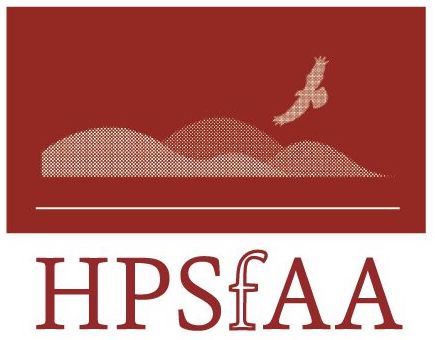  
 
The High Plains Society for Applied Anthropology |
|
Formalizing or Marginalizing the Immigrants' Shadow Economy: NGOs and Local Authorities as Intercultural Intermediaries Between Senegalese Tradesmen and Their Spanish Customers in Two Andalusian Towns
Gunther Dietz and Mari Paz Peña García
The paper outlines the first results of a research project on NGOs and immigration in an urban southern Spanish context. Comparing two case studies carried out in the cities of Jerez de la Frontera and Granada, we analyze the different politics of toleration versus formalization implemented by the two municipal and police authorities on behalf of the "informal" and often "illegal" Senegalese tradesmen. The success and/or failure of these policies is contrasted with the attempts of two different kinds of NGOs to support the Senegalese tradesmen: on the one hand, philanthropically motivated NGOs formed by Spanish citizens engaged as volunteers and intermediaries between the tradesmen and the authorities, and, on the other hand, associations of Senegalese citizens legally residing in Spain acting as the spokesmen of their fellow countrymen. On the basis of these rather heterogeneous empirical data on strategies of "formalizing,” "marginalizing," and abandoning the shadow economy, the processes of political and administrative intermediation are theoretically analyzed as an example of "intercultural translation" in conditions of extreme socioeconomic inequality.
High Plains Applied Anthropologist No. 1, Vol. 19, Spring, 1999 pp 1 – 9<Get PDF>
Back To List of Previous Issues